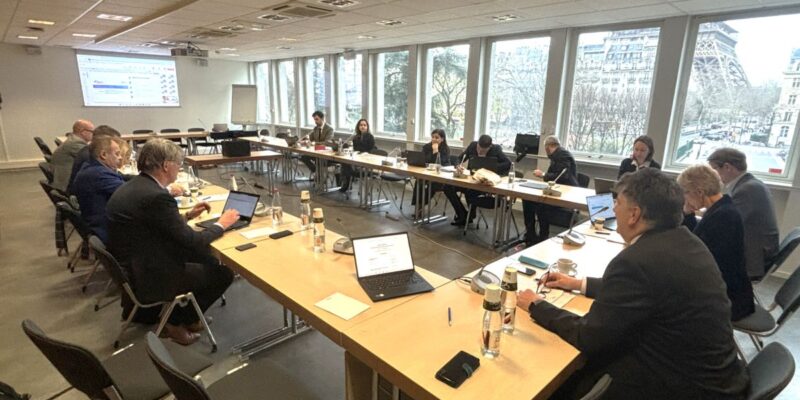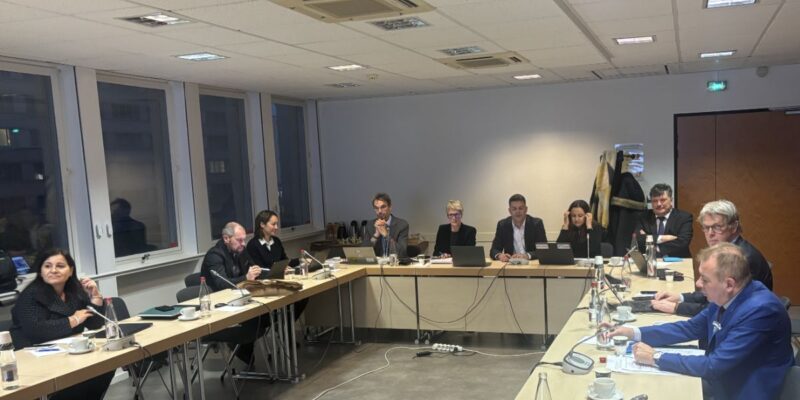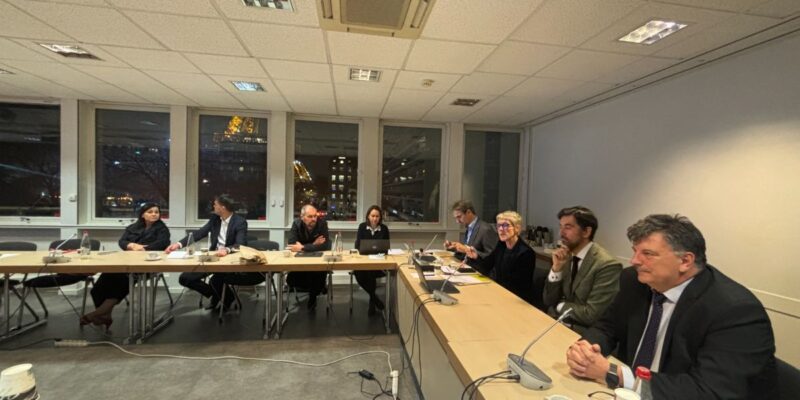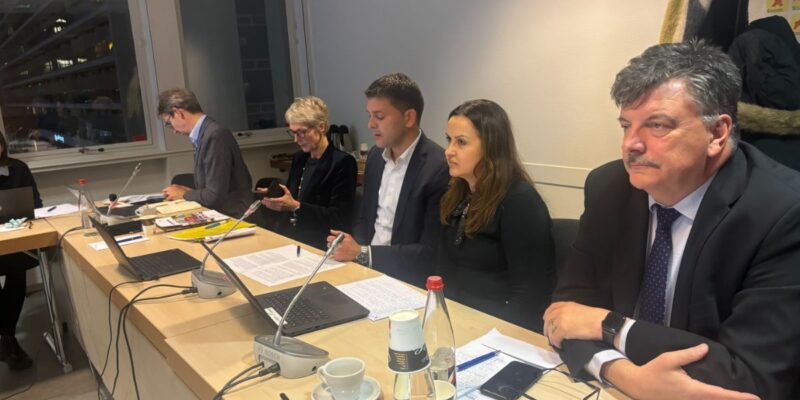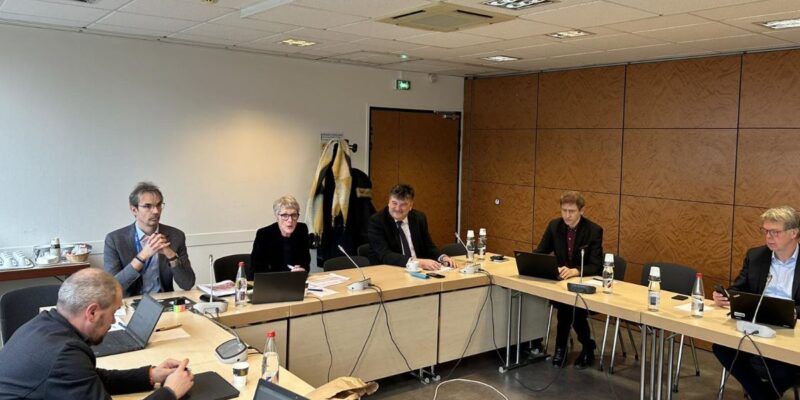Welcomed by SEESARI Chairman Peter Verlič and UIC Director Europe Sandra Gehenot, the aim of the meeting was to discuss and explore the vast opportunities and challenges associated with railway development in Southeast Europe, as well as how to collectively enhance railway infrastructure in this region. As emphasized in the opening remarks, SEESARI is a special group established in 2016, now composed of over 80 members. This group provides a platform for connection, coordination, and the exchange of best practices, with the goal of fostering a network dedicated to railway development, strengthening cooperation, and initiating concrete projects in the region.
The workshop included panel discussions and individual presentations addressing:
- Boosting Rail Development in Southeast Europe, which highlighted the most relevant projects in the region, particularly common initiatives for the modernization and construction of double-track lines with a speed of 200 km/h.
- High-Speed Lines and Cross-Border Passenger Mobility in Southeast Europe (SEE), where presentations focused on the challenges of connecting regions and cities, the efforts of railways to improve passenger journeys and enhance the customerexperience, as well as the initiatives by UIC Rail to provide solutions for interoperable implementation, notably through tools that address sector needs such as OSDM.
- Digital Automatic Coupling (DAC) Status and Priorities in SEE, discussing the opportunities and challenges in the region and how UIC is supporting the implementation of this technology, which presents a unique opportunity to revolutionize freight transport by rail.
The meeting placed the SEE region in the spotlight, emphasizing the need to address cross-border aspects for both freight and passenger transport, the necessity for coordination, and the exchange of best practices to ensure alignment among all stakeholders. It is clear that learning from each other and from the industry—along with cooperation and co-creation—are essential to making the sector future-proof.
The event was attended both in person and online by more than 70 participants from Southeast Europe and beyond.
Simultaneously, statutory meetings of the UIC took place in Paris (regional and general assembly), where Slovenian Railways was represented by Peter Verlič and Nives Juvančič Kambur.
